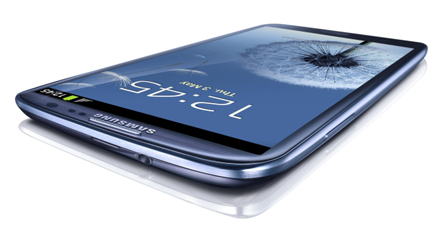
The reduction in the final consumer price will be up to 30% in relation to imported smartphones, which also pay IPI. The Minister of Communications, Paulo Bernardo, recalled that it is not necessary for the discount to be given from the factory. “Even the cell phone that is already in the store can be exempted”, he pointed out.
Full Ordinance
Ordinance No. 87, of April 10, 2013
Published in the Official Gazette of April 11, 2013
Establishes the minimum technical requirements for portable telephones that enable high-speed internet access of the smartphone type, benefiting from the tax exemption established by Law No. 11,196, of November 21, 2005 and regulated by Decree No. .
THE MINISTER OF STATE FOR COMMUNICATIONS, in the use of the attribution conferred by art. 87, sole paragraph, item II, of the Constitution, considering the provisions of art. 28, item VII, of Law nº 11.196, of November 21, 2005, and in art. 1, item VII and in art. 2, sole paragraph, both of Decree No. 5602, of December 6, 2005,
RESOLVES:
Art. 1st To establish the minimum technical requirements for portable telephones that enable high-speed internet access of the smartphone type ("smartphones"), for the purposes of the provisions of item VII of art. 1 and in the sole paragraph of art. 2 of Decree No. 5602 of December 6, 2005.
Art. 2 The PIS/PASEP and COFINS Contribution rates levied on gross revenue arising from the retail sale of smartphones, referred to in item VII of art. 1 of Decree No. 5602 of 2005, which have at least the following technical characteristics:
I – support for 3G technology (HSDPA – High-Speed Downlink Packet Access) or another with superior data transmission capacity;
II – connection support in the IEEE 802.11 standard (Wi-Fi);
III – navigation application (receiving, presenting and sending information) on the World Wide Web that allows access to pages in HTML standard (Hyper Text Markup Language);
IV – operating system that provides SDK (Software Development Kit) and API (Application Programming Interface) that enable the development of applications by third parties;
V – dedicated application for email accounts;
VI – touch screen or physical keyboard in QWERTY standard;
VII – screen for input and output of information in an area greater than 18 cm² (eighteen square centimeters); It is
VIII – minimum package of applications developed in Brazil previously shipped.
§ 1 The retail value of the smartphones referred to in the caput cannot exceed R$ 1,500.00 (one thousand five hundred reais).
§ 2 When the smartphone has 4G technology (LTE – Long Term Evolution), it must operate at least in the range of 2,500 MHz to 2,690 MHz.
§ 3 The technical characteristic referred to in item VIII of the caput will only be required one hundred and eighty days after the publication of this ordinance.
Art. 3 For purposes of the provisions of § 3 of art. 2, smartphone manufacturers must submit to the Telecommunications Secretariat a proposal to meet the technical characteristic provided for in item VIII of art. 2 within sixty days from the publication of this ordinance.
§ 1 Proposals will be analyzed by the Department of Industry, Science and Technology – DEICT of the Telecommunications Secretariat within a maximum period of thirty days from receipt of the proposal.
§ 2 The approval of the proposal will be formalized by act of the Director of DEICT.
Art. 4th Measures to expand the use of smartphones and the technical characteristics contained in art. 2 may be reviewed annually, depending on technological evolution and public telecommunications policies.
Art. 5 This ordinance comes into effect on the date of its publication.
PAULO BERNARDO SILVA












